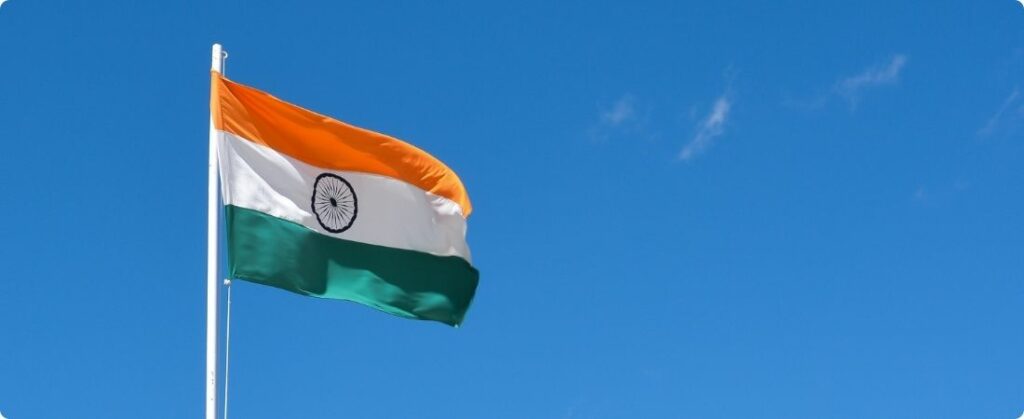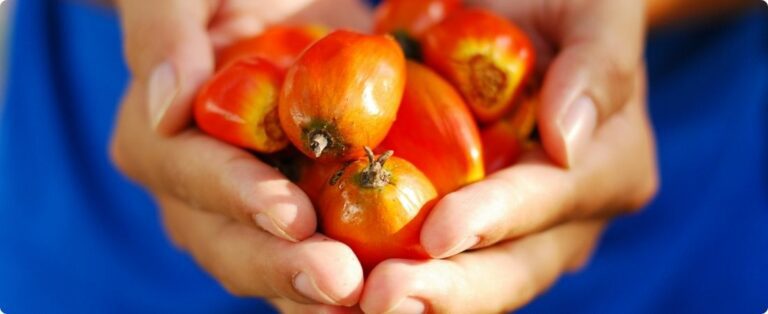
India’s rapeseed and mustard plantings are falling even as prices rise. Above-average temperatures this season have prompted farmers to switch to more heat-resistant crops with similar returns, industry officials told Reuters.
This reduction in production of India's main winter oilseed crop could put pressure on the country, the world's largest importer of vegetable oils, to increase its already significant foreign purchases of cooking oils, such as Palm oil, soy oil and Sunflower oil, to meet the growing demand.
Temperatures in October and the first few weeks of November were above normal. This condition directly affected the crop, explained Anil Chatar, a trader based in Jaipur, Rajasthan, the largest producer of rapeseed in India. “In many places, the first crops did not germinate, so farmers ended up switching to other crops,” Chatar said.
According to weather data, the maximum temperature in key districts of Rajasthan has been 2 to 7 degrees Celsius above normal in the past few weeks. Consequently, this climate change has prompted farmers like Vedpal Tyagi of Dholpur, Rajasthan, to alter their cropping strategies. For instance, Tyagi reported that out of 15 acres (6.07 hectares) planted with rapeseed, 5 acres failed to germinate properly. “Instead of replanting rapeseed, I have opted for wheat and potatoes. Also, this year, I have reduced my rapeseed area to 10 acres from the usual 20 acres,” Tyagi said.
Decline in cultivated area and the impact on farmers' decisions
As of November 21, Rajasthan had sown rapeseed on 3.12 million hectares, down 7.2% from the same period last year. Other major oilseed producing states such as Uttar Pradesh, Madhya Pradesh, Gujarat and Haryana also faced similar weather challenges. These adverse conditions could result in a reduction of 10% in the total area under rapeseed cultivation compared to last year, as per Chatar’s estimates. Rapeseed production in India is a crucial factor in supplying the domestic market and mitigating dependence on imports of vegetable oils.
The Indian government has raised the minimum support price for rapeseed by 5.3% to Rs 5,950 (US$$ 70.61) per 100kg, hoping to encourage planting. However, farmers are cautious as soybean, the main summer oilseed, has not fetched prices above the minimum set. Rapeseed also competes directly with crops such as wheat and chickpeas, whose prices have increased in recent months, making these options more attractive to farmers. Krishna Khandelwal, a trader in Niwai, Rajasthan, said many farmers are switching to these crops due to the higher profit potential.
India already meets nearly a third of its cooking oil demand through imports. These oils include palm oil, soybean oil and sunflower oil. Imports come from countries including Malaysia, Indonesia, Brazil, Argentina, Ukraine and Russia, according to the commerce ministry. With domestic oilseed production likely to fall, the country may increase these imports, raising costs for consumers and putting further pressure on the global market.
Source: Rajendra Jadhav | Agricultural News










